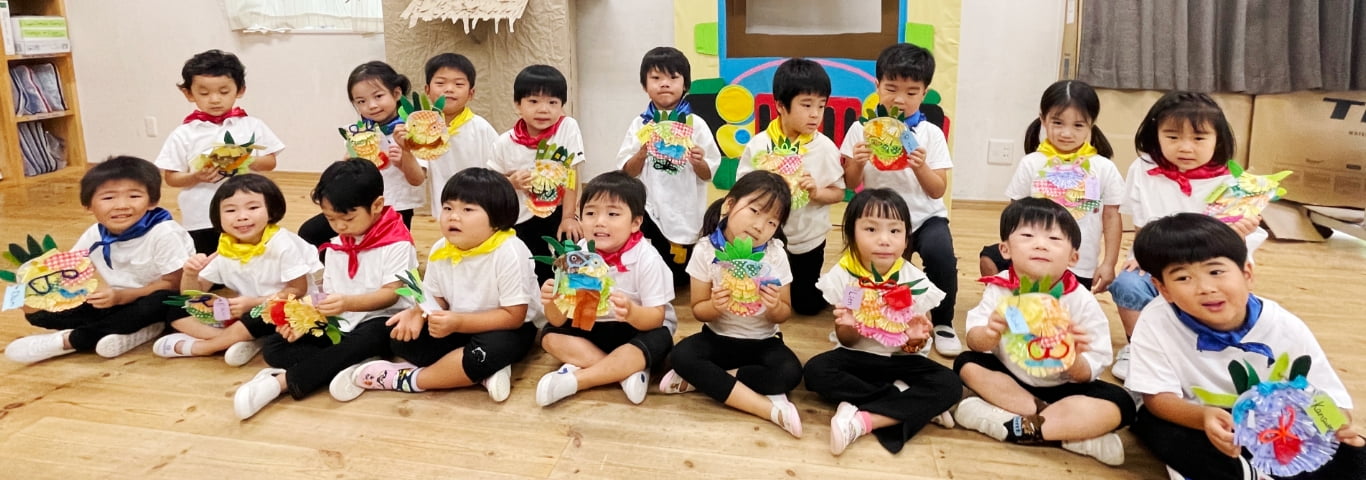私は今、子育てに関わる方へ「子育てワークショップ」を、そして企業の方々へ「チームビルディングワークショップ」を提供しています。どちらのワークショップにも共通しているのは、ISNで私たちが日々大切にしていることをぎゅっと凝縮している、という点です。
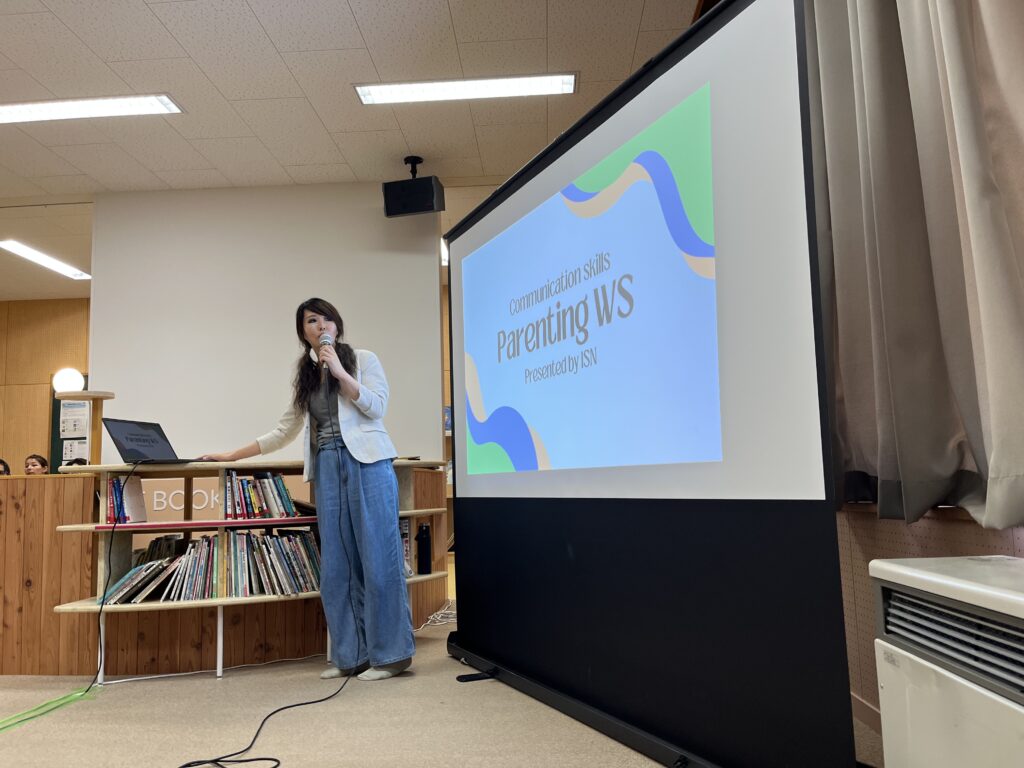
子育てワークショップの目的は、親子のより良い関係を築き、子どもの自立をサポートすることです。「私たちは子どもをどう見ているのか?」「自立のために望ましい親子関係とはどんなものか?」-そんな問いから探究を始めていきます。
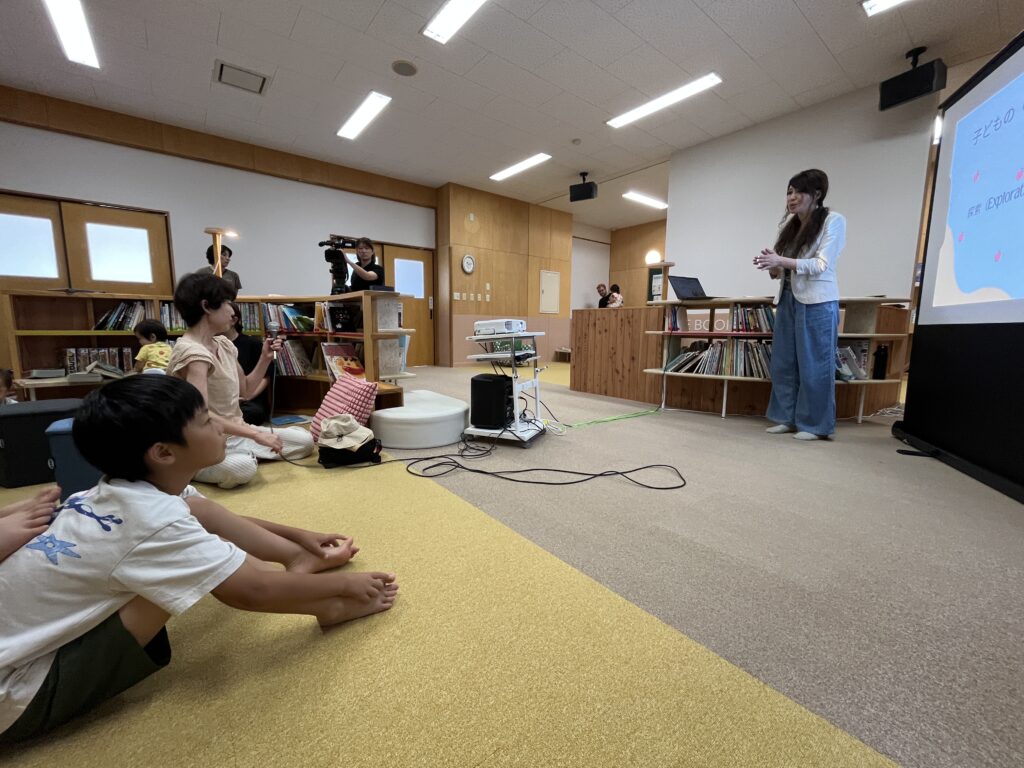
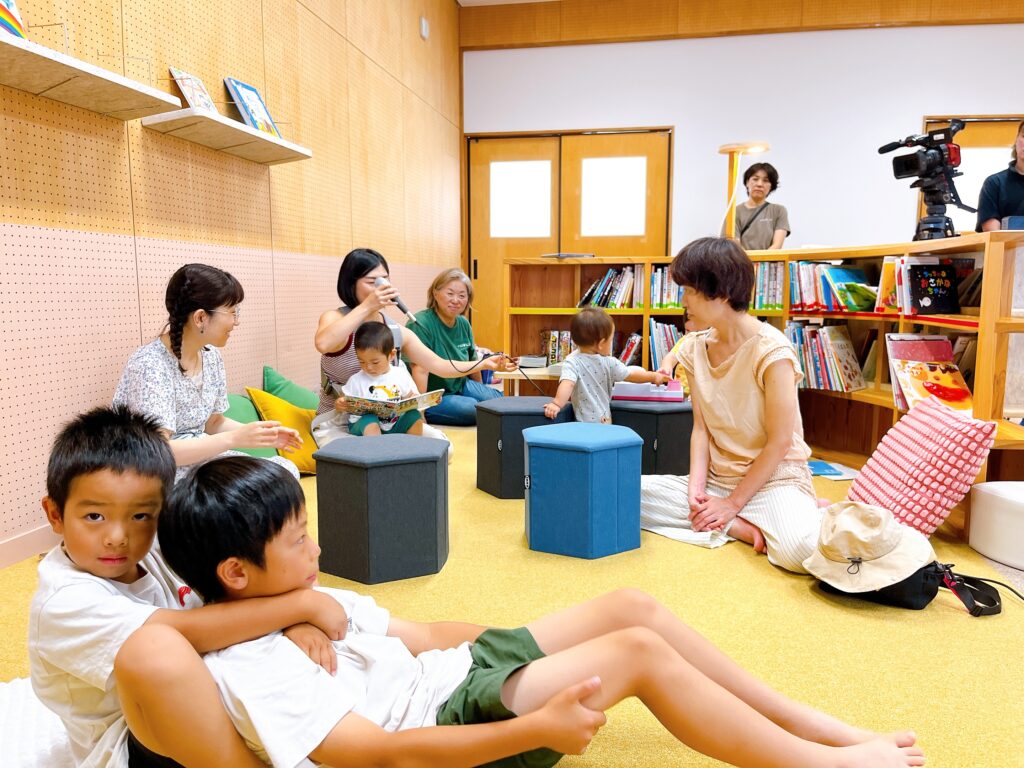
チームビルディングの目的は、個人とチームが成長していくための要因を理解することです。
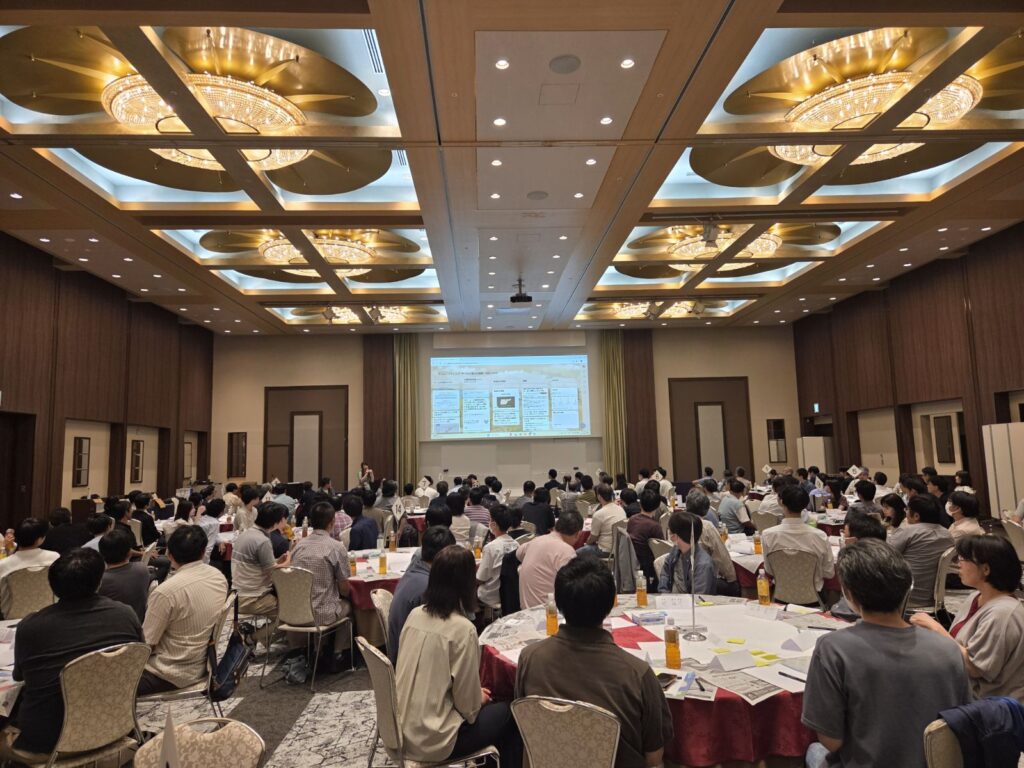
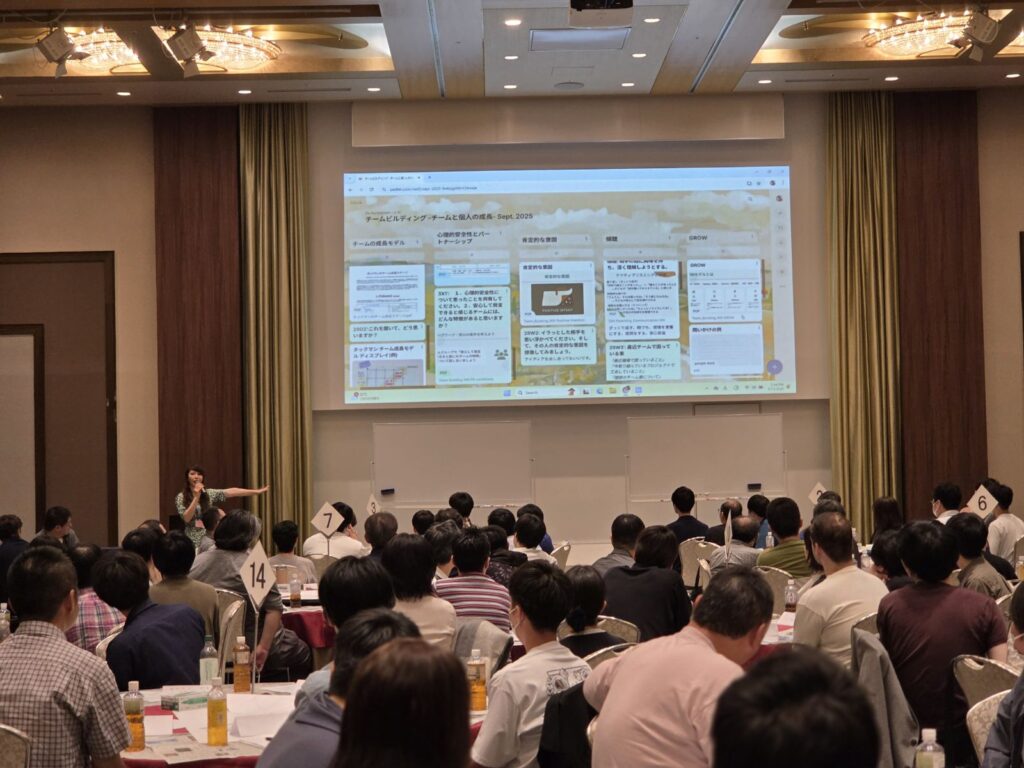
ワークショップでは、それぞれの段階で必要な「取り組むべきこと」を共通認識し、それを具体的に理解し、一緒に練習していくABCを学びます。
私がこうしたワークショップを提供しているのは、ISNが単に「英語に特化したエリート養成の場」ではないということを伝えたいからです。(とはいえ、地域の方全員がISN入園入学に関係したり、見学に来る時間が取れるわけでもないので、出向かせていただいています) 私たちが大切にしているのは「人材育成」です。「人材」とは…? 学びのコミュニティにおいて、学習者は子どもだけでなく、大人も含めた全員。特にスタッフや保護者に向けて、ISNは「大人が子どもから学ぶ場」である、と私はよく表現しています。日々の生活や学びの出発点は「一人ひとりの意見や価値観を、尊重する心」であり、受け入れる姿勢だと考えます。かつて対立に見えた意見も、「相手の肯定的な目的」に目を向ければ、「意味のある別のアプローチ」として見えてきます。
私は「受け入れる力(Open minded)」こそが国際力であり、生きる力であり、そして自己信頼や他者信頼の土台になると考えています。カール・ロジャーズが言うように、すべての有機体には「より良い状態へと向かう力」が備わっています。私たちも「今より良くなりたい」という自然な願いを持ち寄っているのです。私はそれそのものが生きるためのモチベーション、大小の目の前のことへの「やる気」だと思っています。
それが何なのか。もしも「本当にしたいこと」「なりたい自分」がわからなかったり、見えなくなっている場合、「見えなくなっている要因は何?」「何が起きているのか」を、スクールで、親子で、組織の中で、社会の中で丁寧に探究し合い、お互いに興味を持って、ワークショップで提供されるスキルを活用しながら、一人ひとりの存在意義を確かめて、人間関係を深めていく – その循環こそが、個と社会の充実、そしてウェルビーイングそのものなのではないかと信じています。
そして私は「完全ではない存在 (だから素晴らしい、面白い😄)」の代表として、今できることを精一杯提供します。ワークショップでいただくフィードバックは、私に欠けていた (だから悪いと言う意味ではなく、”より良い結果を生み出すために必要な原因”) ものを補うであろう、貴重なヒントです。日常でも、ワークショップでも、いただいた言葉にどう丁寧に向き合えるかは、”私自身の「向き合う力」” にかかっていると思っています。これまで私になかった新しい価値観に向き合えたときは、感謝の気持ちが生まれるだろうし、他者信頼も自己信頼も育まれます。それは現在進行形の「私自身の成長」や「人生の豊かさ」に直結しているのです。
以下、個人向け子育てワークショップと、企業団体向けチームビルディングワークショップの内容です。
それぞれのワークショップで扱っていることは、
- 組織心理学(Tuckman, Edmondson, Follett, Belbin, Whitmore)
- 臨床・教育心理学(Rogers, Gordon, Adler, Erikson)
- ポジティブ心理学・人間性心理学(Maslow, Seligman, Deci & Ryan)
といった複数の領域をベースにしています。もう少し詳しく見ていきましょう。
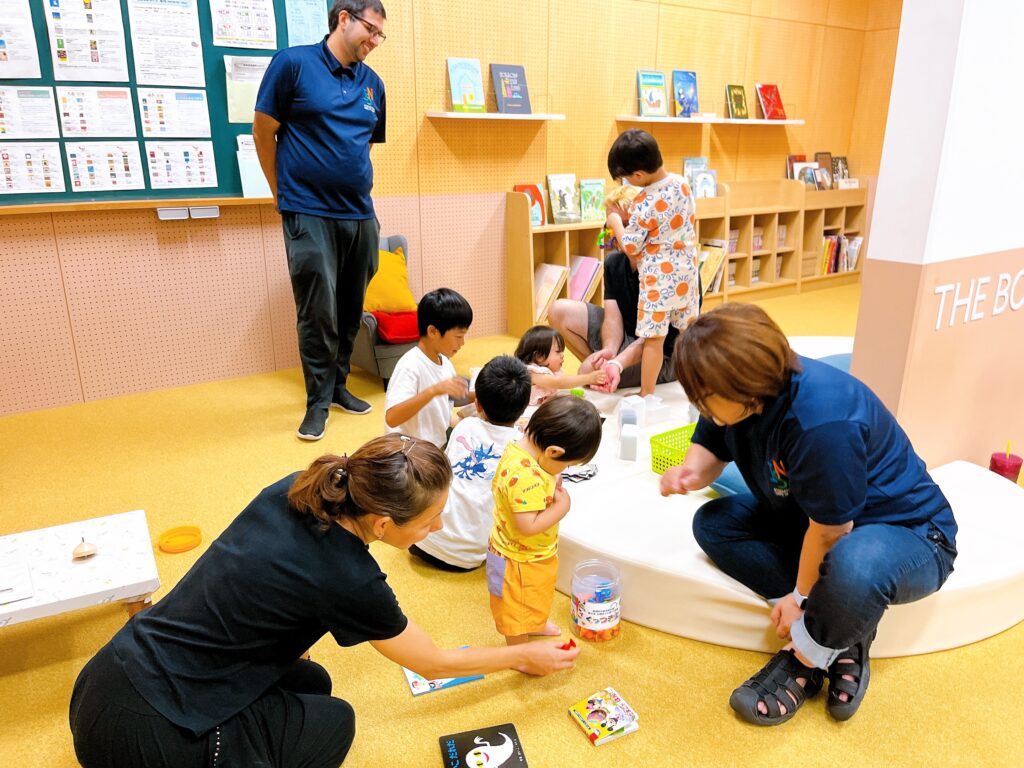
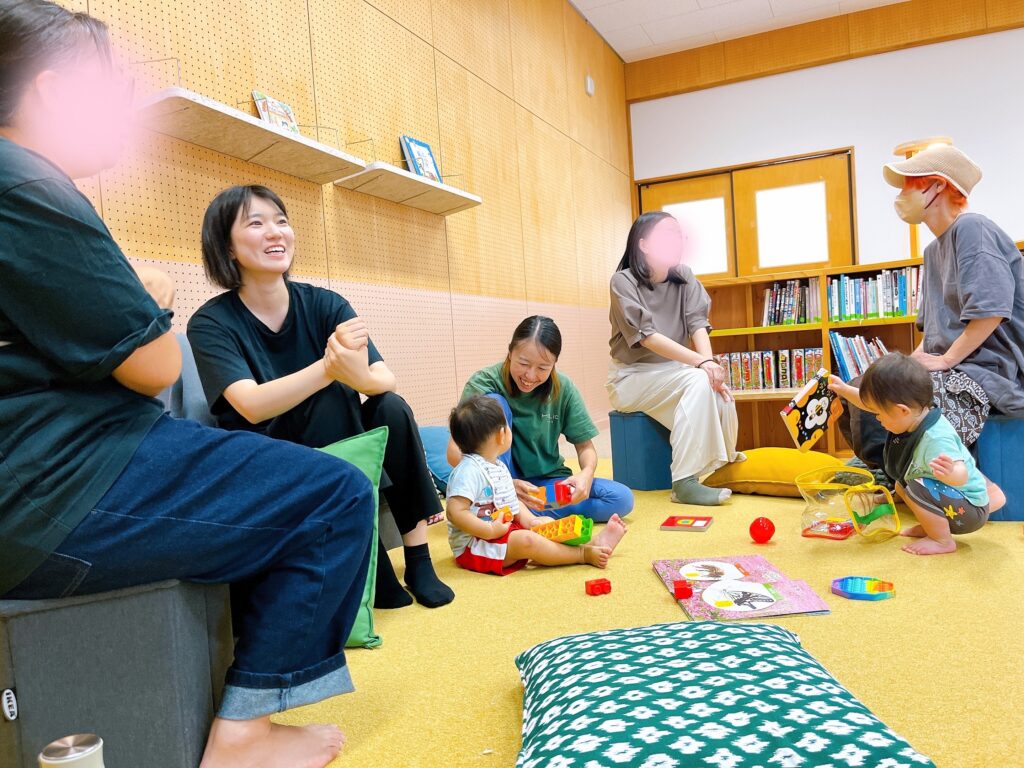
私たちの提供している子育てワークショップは、Roots & Wings 名づけました。
それぞれ6回のBasicとAdvanced コースがあります。共通の要素は:
- 親子の関係性の基盤(アタッチメント、アドラー、ロジャーズ、エリクソン)
- 自己成長・動機づけ(自己決定理論、ポジティブ心理学、GROWモデル)
- 親のリーダーシップとしての役割(社会的学習理論、心理的安全性、コーチング理論)
であり、以下のような研究や理論によって支えられています。
親子対話ワークショップを支える理論・研究の例
- アタッチメント理論(Attachment Theory)
- John Bowlby, Mary Ainsworth: 親子関係の安心感が自立や探究心の基盤となることを説明。
- アドラー心理学(Individual Psychology)
- Alfred Adler: 「勇気づけ」「共同体感覚」、子どもの行動の裏にある目的を理解する視点。
- トランザクショナル・アナリシス(Transactional Analysis)
- Eric Berne: 親子のやり取りを「親・大人・子ども」の自我状態から理解し、健全な対話へ。
- カール・ロジャーズの人間中心主義(Person-Centered Approach)
- Carl Rogers: 共感的理解・無条件の肯定的関心・自己実現傾向が親子対話の柱。
- エリクソンの心理社会的発達理論(Psychosocial Development)
- Erik Erikson: 発達段階ごとに「信頼」「自律」「自我同一性」など課題があり、親の支えが重要。
- 自己決定理論(Self-Determination Theory)
- Deci & Ryan: 子どもの自律性、関係性、能力感を育てる関わり方が学びの動機につながる。
- 社会的学習理論(Social Learning Theory)
- Albert Bandura: 子どもは親の行動を観察・模倣して学ぶ。親のリーダーシップがモデルになる。
- ポジティブ心理学と強みアプローチ(Positive Psychology / VIA Strengths)
- Martin Seligman, Christopher Peterson: 子どもの強みを発見・伸ばすこと、親の強みを活かすことが自己成長につながる。
- GROWモデルなどのコーチング理論(Coaching for Development)
- John Whitmore: 親子対話において「問いかけ→自己発見→次の一歩」のプロセスを導く。
- 心理的安全性(Psychological Safety)
- Amy Edmondson: 子どもが安心して意見や感情を表現できる関係性をつくることが、学びと成長の条件。
| *子育てワークショップは、2025年度お試し30分バージョンで、長野県各地で開催されています。2026年度正規の6回コースがISN保護者用と、一般用で無料で提供され、2027年度よりISN外部の方には有料で開催される予定です。 |
チームビルディングワークショップ、導入セッションの内容例 (2時間から6時間) *フォローアップセッションは、現状と目標に合わせて10の詳細メニューから選びます。
1. チームの成長過程 「チームは出会ったばかりのときから成熟するまでに、いくつかの段階をたどります。最初はぎこちなさや衝突もあるかもしれませんが、そうした過程を経てこそ、本当に力を発揮できるチームへと育っていきます。」
2. 心理的安全性・パートナーシップ「誰もが安心して意見を言える雰囲気は、学びや協力を深めるための土台になります。安心感があるとき、人はより思い切って挑戦し、助け合えるようになります。」
3. 肯定的な意図 「たとえ意見がぶつかっても、その奥には“よりよくしたい”という前向きな思いがあるはずです。その意図を理解すると、対立はむしろ建設的な対話のきっかけになります。」
4. 傾聴 「相手の話を“ただ聞く”のではなく、“相手の立場から理解しようとして聞く”こと。耳だけでなく心で聴く姿勢が、信頼を深めます。」
5. GROWモデル 「目標を明確にし、現状を見つめ、できる選択肢を広げ、次の一歩を具体的に決めていく――そんなシンプルなプロセスを一緒に体験していきます。」
チームビルディングワークショップにも、それぞれ心理学や教育学、組織行動学の理論に根拠があります。それらをわかりやすく体感すること、対話を通じて、気づき、身に付けていきます。
- チームの成長過程
- Bruce Tuckman の Team Development Model(1965))
- 心理的安全性
- Amy Edmondson の Psychological Safety 研究(1999〜)
- パートナーシップ(協働関係の重視)
- Mary Parker Follett の協働理論(1920年代)
- 組織行動学における Collaborative Leadership
- 肯定的な目的(Positive Intent)
- アドラー心理学(Individual Psychology)
- NLP(Neuro-Linguistic Programming)の前提「すべての行動には肯定的意図がある」
- 傾聴(心で聴く態度)
- Carl Rogers の Active Listening(1950年代、人間中心主義心理学)
- Thomas Gordon の Parent Effectiveness Training (PET) における傾聴技法
- 目標達成のプロセス(GROWモデルに相当)
- John Whitmore の Coaching for Performance(1980年代に普及)
- 信頼の構築(自己信頼・他者信頼)
- Stephen M. R. Covey の The Speed of Trust
- Erik Erikson の心理社会的発達理論(幼児期の「基本的信頼 vs 不信」)
- チームの強みの活用
- Meredith Belbin の Team Roles 理論(1981)
- ポジティブ心理学(Martin Seligman の強みに基づくアプローチ)
- 学習と成長の循環
- David Kolb の Experiential Learning Cycle(1984)
- Dewey の「経験としての学び」
- ウェルビーイングにつながる学びと関係性
- マズローの欲求階層理論(特に自己実現)
- 自己決定理論(Self-Determination Theory: Deci & Ryan, 1985)
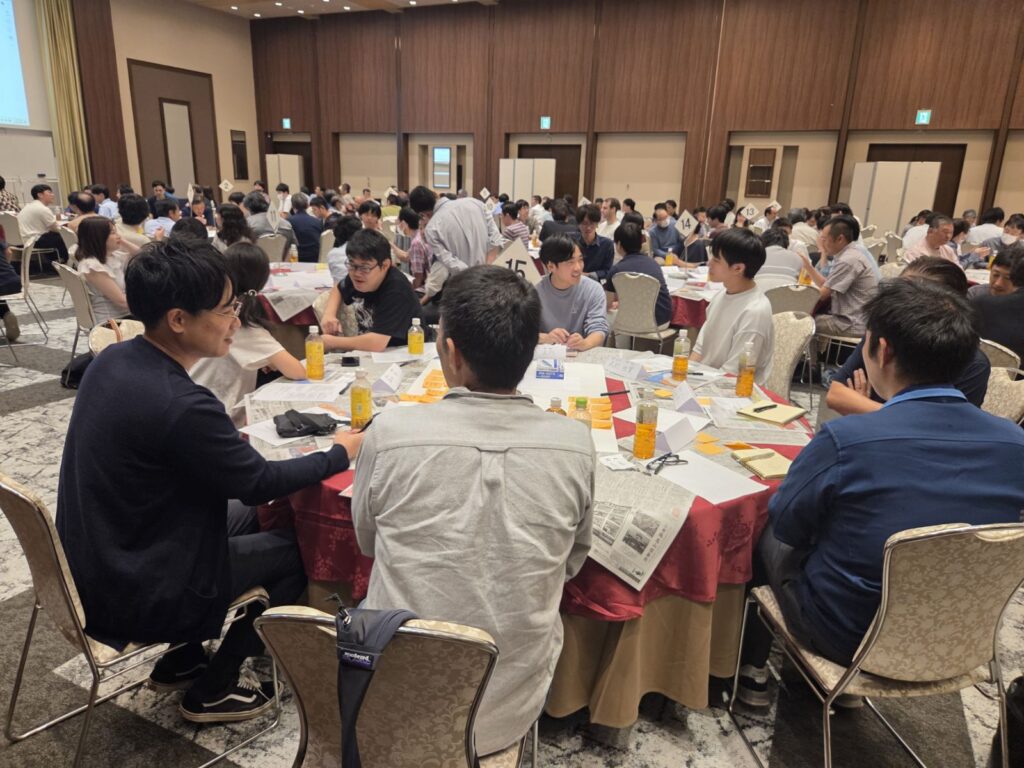
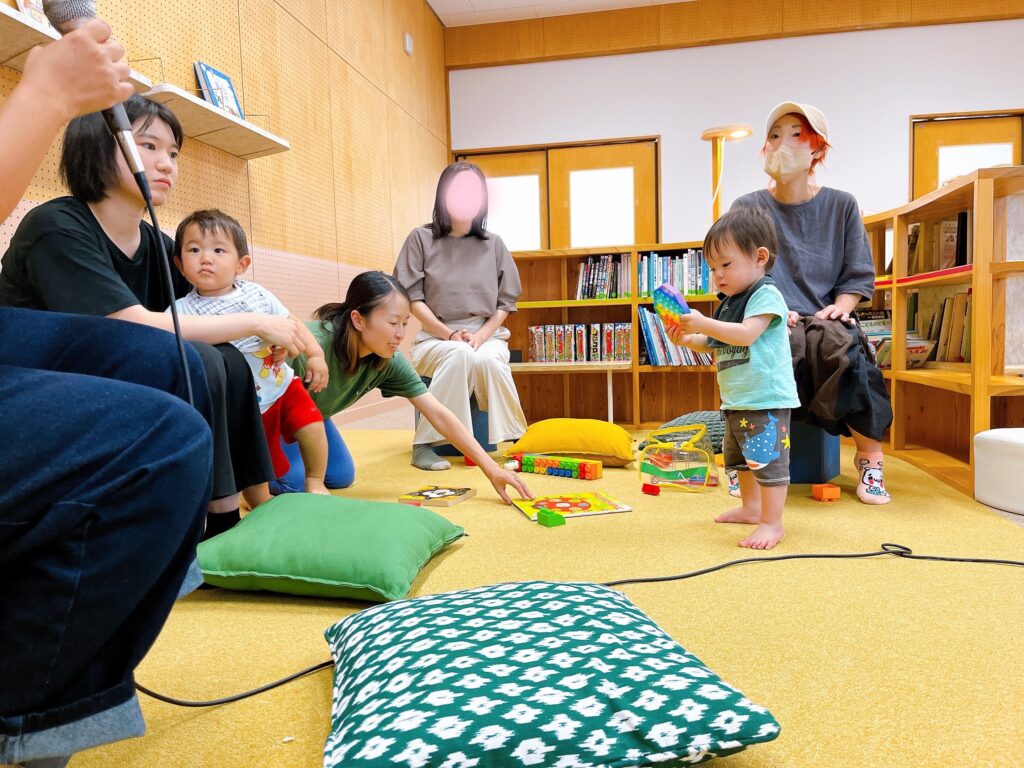
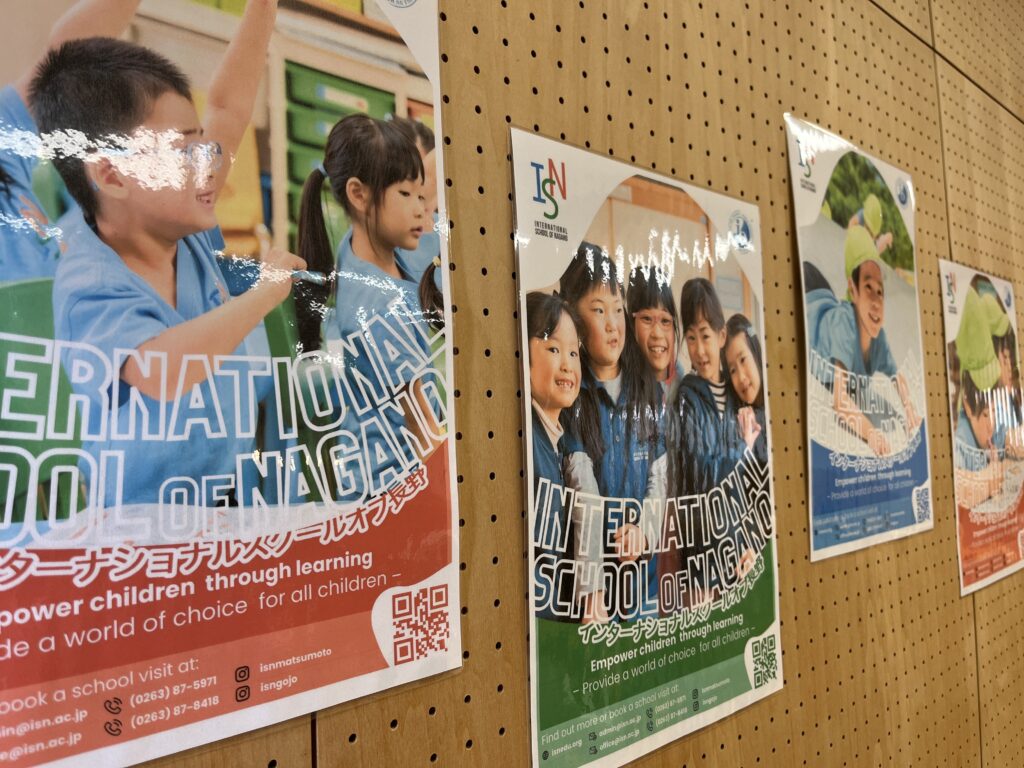
I currently offer parenting workshops for those involved in child-rearing, as well as team-building workshops for companies. What both types of workshops share is that they condense the values and practices that we at ISN hold dear in our daily work.
The goal of the parenting workshops is to help build stronger parent-child relationships and effectively support children’s independence. We start by exploring questions such as: “How do we see our children?” and “What does a supportive relationship that fosters independence look like?”
The goal of the team-building workshops is to help participants understand the factors that contribute to individual and team growth. In these workshops, participants develop a shared understanding of what needs to be done at each stage, deepen their concrete understanding of these steps, and practice them together using a structured approach.
I offer these workshops because I want to convey that ISN is not just a place focused on cultivating English-speaking elites. (Of course, not everyone in the local community can enroll or visit ISN, which is why I bring these workshops out to them.) What we truly value is human development. And by “human development,” I mean that in a learning community, the learners are not only the children but everyone involved—especially our staff and parents. At ISN, I often describe it as a place where adults learn from children.
The starting point of daily life and learning is a mindset that respects each person’s opinions and values—an attitude of openness and acceptance. Opinions that may have seemed conflicting in the past can be understood as meaningful alternative approaches once we consider the positive intentions behind them.
I believe that an open mindset is the foundation of international competence, life skills, self-trust, and trust in others. As Carl Rogers wrote, all living beings have an innate tendency toward growth and improvement. Likewise, we naturally bring together the desire to become better than we are now. I see this as the very motivation for life itself—the energy and drive to engage with even small tasks before us.
So what does this mean in practice? If someone feels unsure about what they truly want or who they want to become, the workshops provide a safe space to carefully explore what factors are blocking clarity and what is happening—whether in school, within the parent-child relationship, in an organization, or in society. Through mutual curiosity and applying the skills taught in the workshops, participants can recognize their unique value, deepen relationships, and create a cycle that enriches both individual and collective well-being.
As a representative “not-yet-perfect (and therefore wonderful and interesting 😄)” human, I give my utmost in these workshops. Feedback received during the sessions provides invaluable hints that fill gaps—gaps that are not weaknesses, but opportunities to produce better outcomes. How attentively I engage with this feedback, whether in daily life or in the workshop, reflects my own capacity to face challenges. When I can engage with new perspectives I did not previously have, gratitude arises, and both self-trust and trust in others are nurtured. This directly contributes to my ongoing growth and the richness of my life.
Workshop Foundations
The content covered in both the parenting workshops and the team-building workshops draws on multiple fields, including:
- Organizational psychology (Tuckman, Edmondson, Follett, Belbin, Whitmore)
- Clinical and educational psychology (Rogers, Gordon, Adler, Erikson)
- Positive and humanistic psychology (Maslow, Seligman, Deci & Ryan)
Parenting Workshop (Roots & Wings)
- Offered as 6-session Basic and Advanced courses
- Core components:
- Parent-child relationship foundations (Attachment Theory, Adler, Rogers, Erikson)
- Self-growth and motivation (Self-Determination Theory, Positive Psychology, GROW model)
- Parental leadership role (Social Learning Theory, Psychological Safety, Coaching Theory)
Example research and theoretical foundations:
- Attachment Theory – Bowlby & Ainsworth: Secure parent-child relationships are the foundation for independence and curiosity.
- Individual Psychology – Adler: Encouragement, social interest, and understanding the purposes behind children’s behavior.
- Transactional Analysis – Berne: Understanding parent-child interactions through the Parent-Adult-Child model.
- Person-Centered Approach – Rogers: Empathic understanding, unconditional positive regard, and the tendency toward self-actualization.
- Psychosocial Development – Erikson: Developmental stages, such as trust, autonomy, and identity, highlight the importance of parental support.
- Self-Determination Theory – Deci & Ryan: Supporting autonomy, relatedness, and competence fosters motivation.
- Social Learning Theory – Bandura: Children learn by observing and modeling parental behavior.
- Positive Psychology / Strengths Approach – Seligman & Peterson: Discovering and leveraging children’s and parents’ strengths promotes growth.
- Coaching for Development (GROW model) – Whitmore: Guiding self-discovery through questioning, reflection, and actionable steps.
- Psychological Safety – Edmondson: Creating an environment where children feel safe expressing themselves supports learning and growth.
The parenting workshops are currently offered as a 30-minute trial in various locations in Nagano in 2025. The full 6-session courses will be offered free to ISN parents and the public in 2026, and will become paid sessions for external participants from 2027.
Team-Building Workshop (Example Introductory Session: 2–6 hours)
- Follow-up sessions are customized based on current state and goals from 10 menu options.
Session themes:
- Team growth stages – Teams go through phases of forming, conflict, and development to reach full potential.
- Psychological safety & partnership – Safe spaces encourage participation, collaboration, and risk-taking.
- Positive intent – Conflicts can be reframed as constructive dialogue when underlying good intentions are recognized.
- Active listening – Listening to understand, not just hear, builds trust.
- GROW model – Clarifying goals, assessing current reality, exploring options, and taking concrete steps together.
Research and theory foundation:
- Team Development Model – Tuckman (1965)
- Psychological Safety – Edmondson (1999–)
- Partnership / Collaborative Leadership – Follett (1920s) and organizational behavior studies
- Positive Intent – Adler, NLP principle: every behavior has positive intent
- Active Listening – Rogers, Gordon (1950s, PET)
- Goal-setting / GROW model – Whitmore (1980s)
- Trust-building – Covey, Erikson
- Leveraging team strengths – Belbin, Seligman
- Experiential learning cycle – Kolb (1984), Dewey
Well-being through learning and relationships – Maslow, Deci & Ryan
